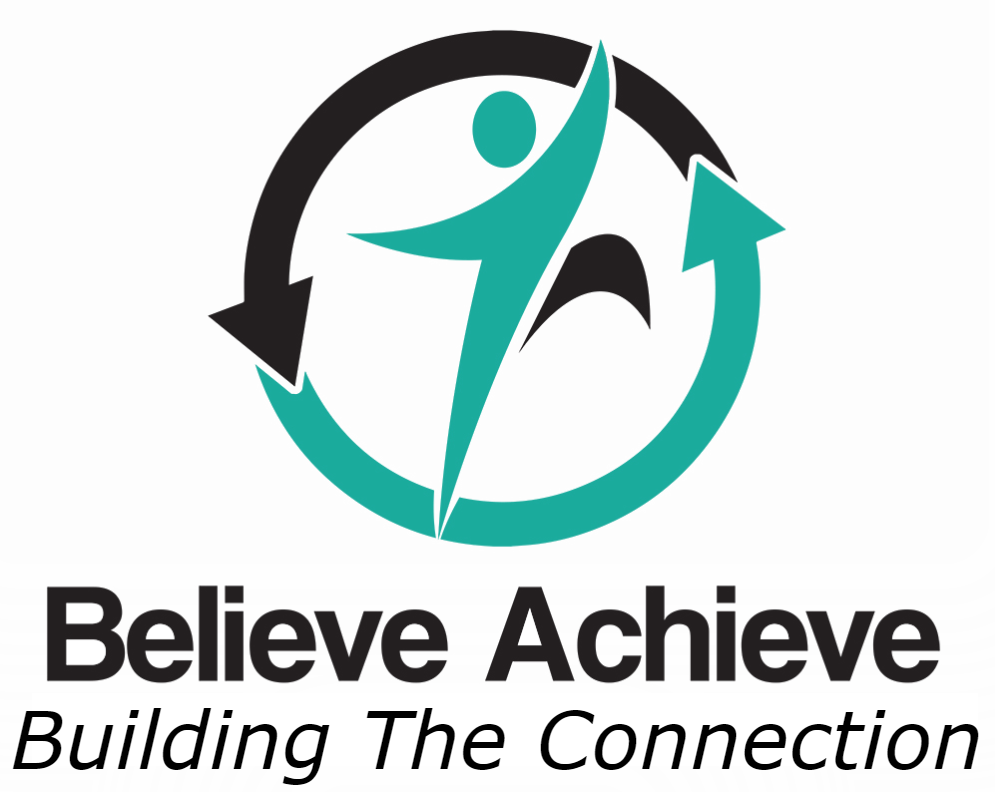In every organisation I have worked for there has been a different succession planning process. Not that that is a bad thing. I believe succession planning is a process that can be designed to meet the needs of the business. What has surprised me however is that even though there is a succession planning process in place, many leaders have spoken to me about the shallowness of their leadership pool. Is your succession planning process delivering you leaders of the future?
Here are some questions that will help you improve your succession planning process and outcomes.
“Where is the organisation headed?”
Succession plans should not be based on competencies or needs suitable for today’s organisation. The business must be clear on where it is headed and what skills, knowledge and experience will be required and when. It is not just about identifying critical roles and who in the business will be suitable to fill them and when. The business world is evolving so fast now and will continue to do so. Nothing will be the same for long.
“What will the structure look like in 5 -10 years time?”
Designing the organisation structure for the future could be a tough thing to do but it is definitely worth the effort. Will new departments be needed and how will they be structured? Are any roles likely to disappear or be significantly changed? What new product / service lines will be introduced and when? How will these changes affect the structure? Uber has recently launched driverless cars. How is this going impact the transport industry for example?
“What will the roles look like?”
Rather than focusing just on the roles and what they look like today, you need to firstly understand what the roles will look like in the future. This includes identifying the role purpose, responsibilities and the accountabilities. Some roles may continue to exist in the future however the structure below and above the role is likely to be different, and the technology and systems are likely to change also. How will this impact the responsibilities?
What talents will be required in 5 -10 years time?
What are the critical skills, experience and knowledge that future leaders will need to perform? Here we are talking about both functional as well as personal development. The development plans for your successors must include significant personal development initiatives and not just business skill development. Personal develop includes gaining deep insight and self awareness, communication and leadership style, ability to inspire and execute on expectations. It has never been more important that leaders develop these skills so they are able to cope and lead in a complex and challenging business environment.
I recommend that you review your existing succession plans with these questions in mind. There are no shortcuts in developing leaders for the future. It will still require 10,000 hours to transform an emerging leader into an effective senior leader. This equates to approximately five years of investment and commitment. Your succession planning process can deliver on your commitments to future leaders; it needs to be designed the right way.
For more information on how to implement a great succession plan in your business call Sandra now on 0416921233 for your free first consultation.

